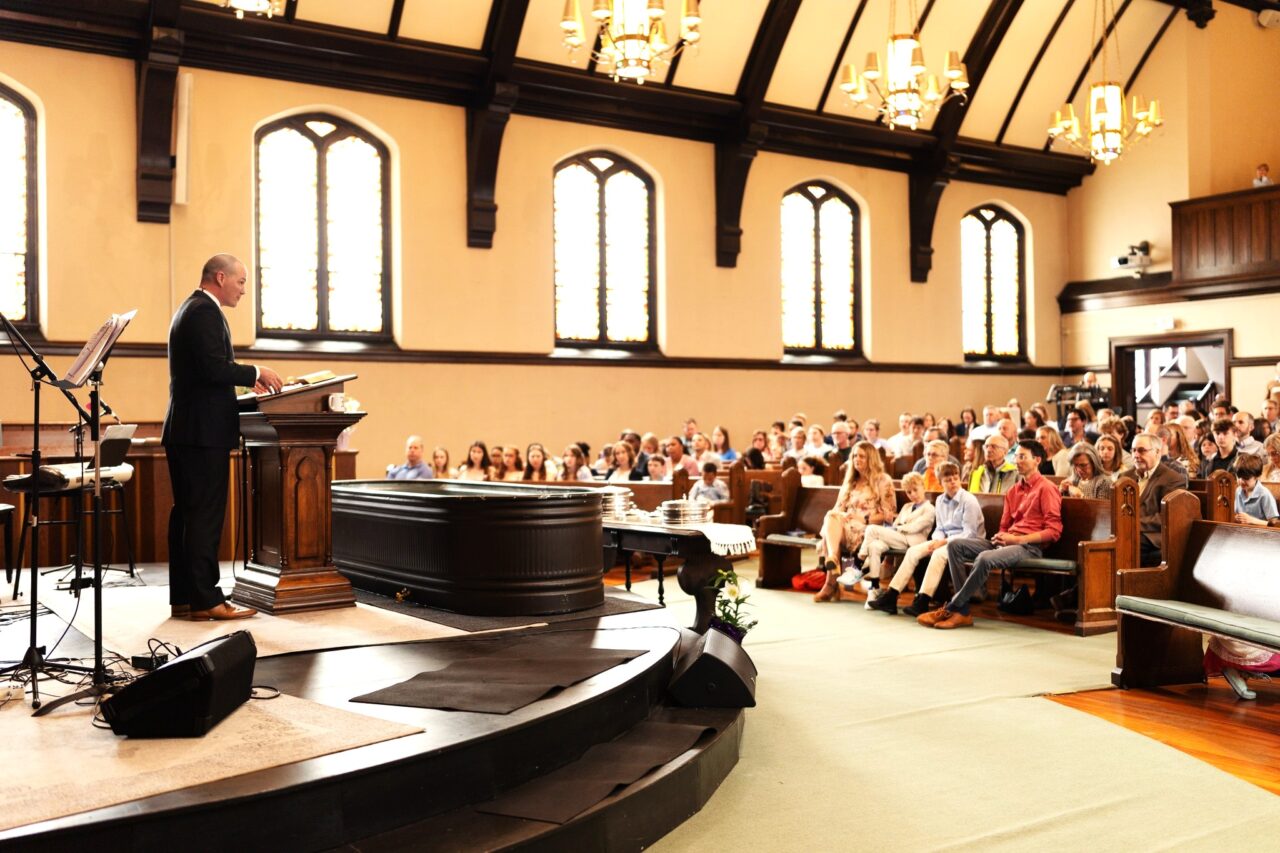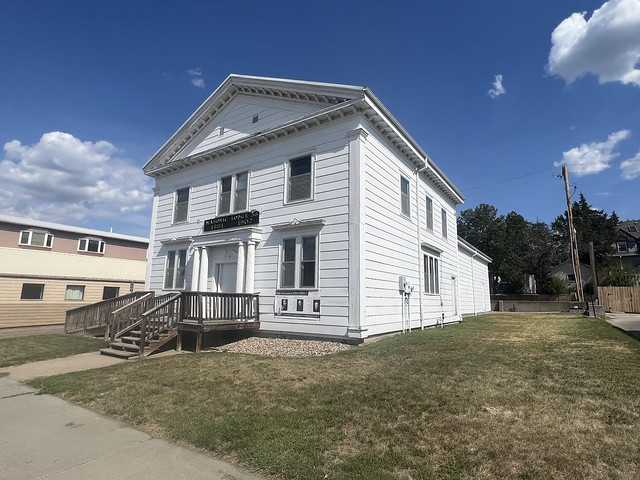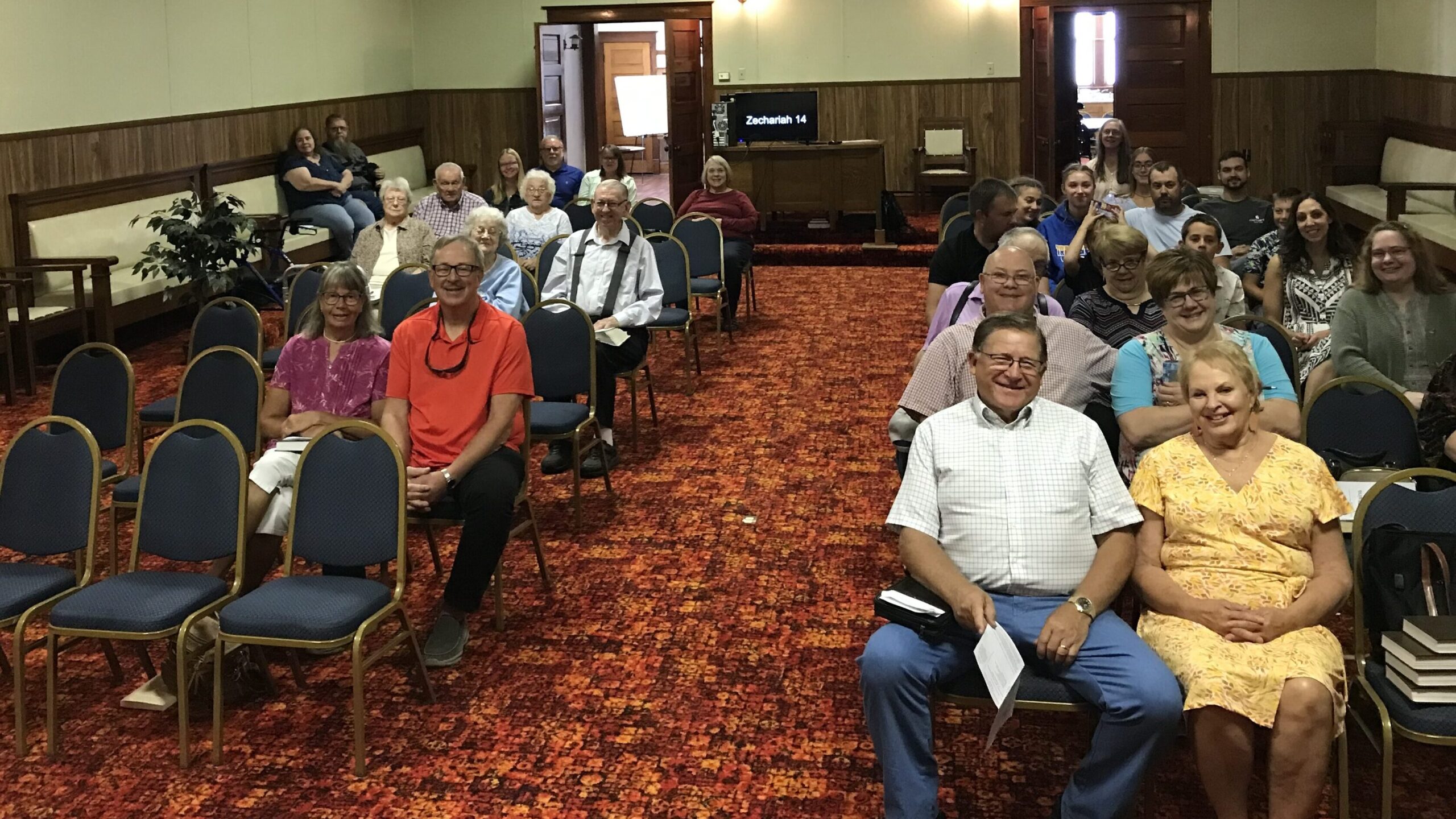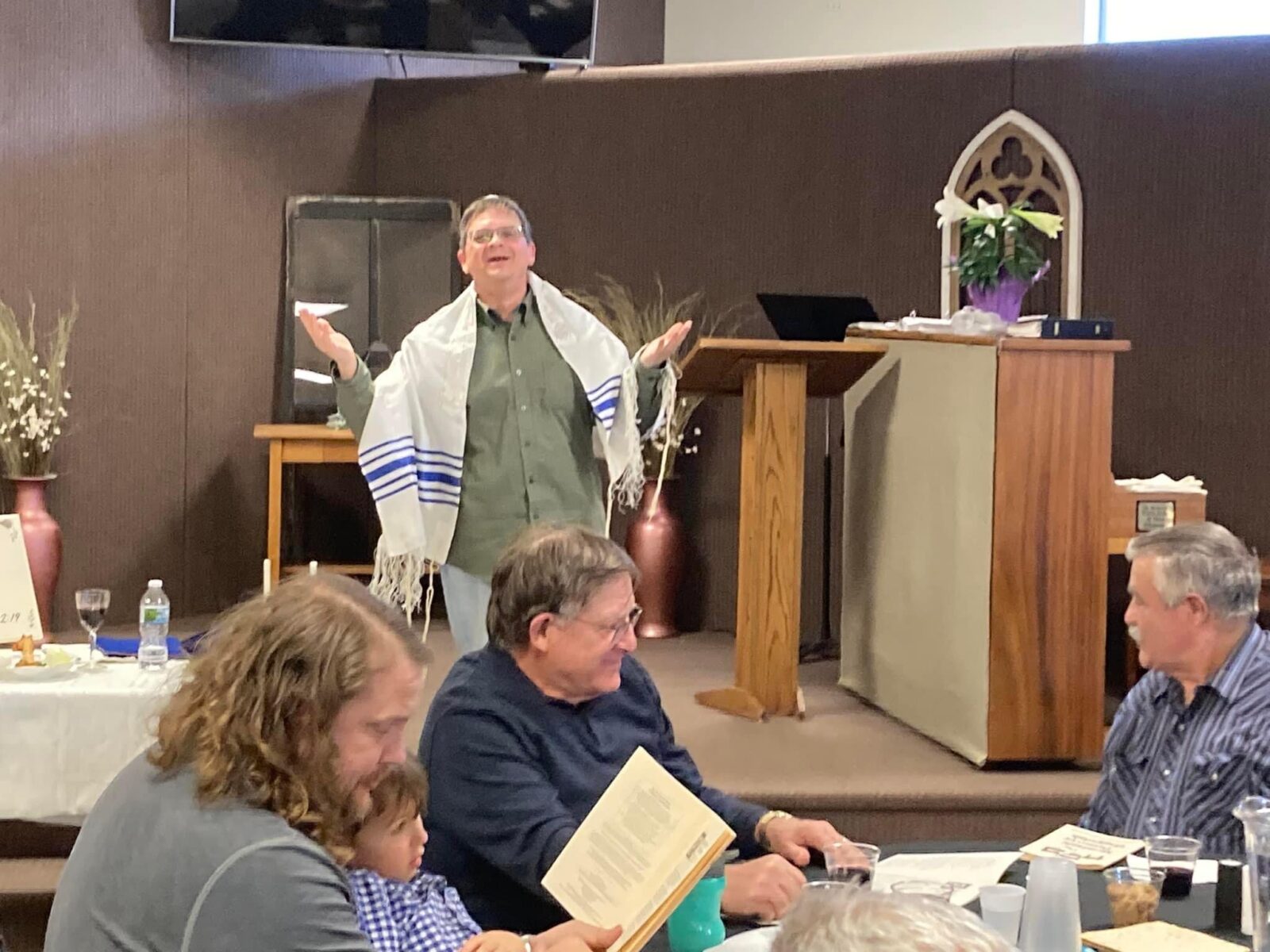
HVAC problem solved, ministry future bright
CIF has a framework to help in a way that doesn’t hurt churches … they want churches to stay in a good financial position
Continue ReadingLocation is identity, a pastor has said, and opens opportunities for ministry. That’s the story with a recent CIF financed church building in a historical South Dakota town on the Missouri River and Interstate 90.
Central Plains Church in Chamberlain began in 2007, and previously met in a warehouse and a movie theater. More recently, a real estate listing appeared for the “stately, big and bold” Chamberlain Masonic Lodge building on Main Street. It offered some 4,400 square-feet of above ground space with a refreshed basement and mechanicals.
The church charted out its financing options with four or five local banks and CIF, comparing interest rates and other factors before making a decision. CIF would use the property itself for collateral, but the banks Central Plains Church was talking to also wanted some church attendees to guarantee the loan with their homes.
“Somebody has to put their house up to guarantee this?” said Pastor Leigh Warmbrand. “I’m not putting my house up. Do you want to put your house up? So, we had some back and forth [with church leaders].”
A bank might sell the church’s loan after 30 or 60 days, but CIF would not. “You’re stuck with us and we’re stuck with you,” said Warmbrand, with a smile.
Banks also had no concern that the church have reserve funds, but CIF advised Central Plains to have emergency funds available. “So, CIF had our best interests and health in mind,” the pastor said.
“So, when we compare those four or five other banks with CIF, again, it seemed best to us and the Holy Spirit that we should go with you all.”
However, before the purchase could happen, there was one small problem. The city had an ordinance prohibiting churches from meeting downtown.
“There were some individual conversations,” said Warmbrand. “But then 14 of us showed up at a city meeting and asked, ‘Can we go ahead and do this?’” City leaders said they could, and the church has maintained a good relationship and rapport with them, the pastor explained.
“We prayed for the building, we prayed for our situation,” said Warmbrand. The church has a distinct focus on community.
Chamberlain is home to about 2,400 people and sits on the Missouri River, and Interstate 90. It is about two hours west of Sioux Falls and three hours east of Rapid City. The city has a resort, a few hotels and a municipal airport.
Noted as the “last steamboat town in South Dakota,” Chamberlain was first reached by the railroad in 1882. The Missouri River runs through many Midwestern cities, joining the Mississippi in St. Louis. Named after a Milwaukee Railroad official, the city was established as a railhead.
The church building is sound, with a good foundation, walls and insulation, Warmbrand said. Central Plains is rebuilding the entrance, and the doors and bathrooms need updating. People are investing in the church, not just financially, but by being a part of the ministry by building, fixing and making improvements, he said.
A librarian is including the building’s history in an archive room at the local library. It traces the property back to a time of dirt streets, a general store and horses hitched to posts. “It’s like ‘Little House on the Prairie’ type stuff,” said Warmbrand. “Just a great way to celebrate the community hub.”

The downtown building was home to the Masonic Temple for a long time. Its members had gotten older and were dying out. The pastor said he and others have had some good talks with the Masons and continue to pray for them and the community.
The last major remodeling here was in the 1970s. “This hideous looking orange carpet,” said Warmbrand. “It’s beautiful carpet because it’s ours.”
The pastor said that the church is not the building, but the building does give identity. Attendees and visitors walk in to see a kitchen on the left and a large meeting space. The entryway has bookshelves and a library.
In the upper level, there are hardwood floors and a second kitchen. It may be used for children’s ministry, administration and an eating area.

Other churches in the district supported Central Plains to make the down payment on the building, Warmbrand said. One person who was passing through came to the church and later sent the pastor a letter.
He said he was having trouble selling his boat and prayed to the Lord about giving the proceeds to the church, Warmbrand explained. The boat sold that afternoon.
There have been many stories like this, including a rancher who sold some cows to help the church. “We’re thankful for God’s people,” the pastor said. “That’s how God gets work done, through his people.”
Chamberlain is a place where many people have moved from somewhere else, so some church attendees are out of town visiting family on weekends, Warmbrand said. Some vacation in the area and only attend in the summer.
The church has housed traveling gospel workers as well, from Jamaica, Ukraine, Russia, and even Tennessee.

Warmbrand grew up in the Jewish traditions of New York, attended school in Western Pennsylvania and moved to Virginia to teach deaf children in a public school.
He gave his life to Christ and connected with believers in West Virginia where he pastored for 8 years. Warmbrand then pastored in the Black Hills for 2 years before coming to Chamberlain.
He has served Central Plains Evangelical Free Church since 2017.
Church and individual investors help fund loans to churches like Central Plains EFC. They also earn a return. Everyone can play a part and we welcome inquiries about new projects and investment opportunities.
Each and every day, CIF is providing faith-based financial solutions that serve Kingdom expansion. Learn more.